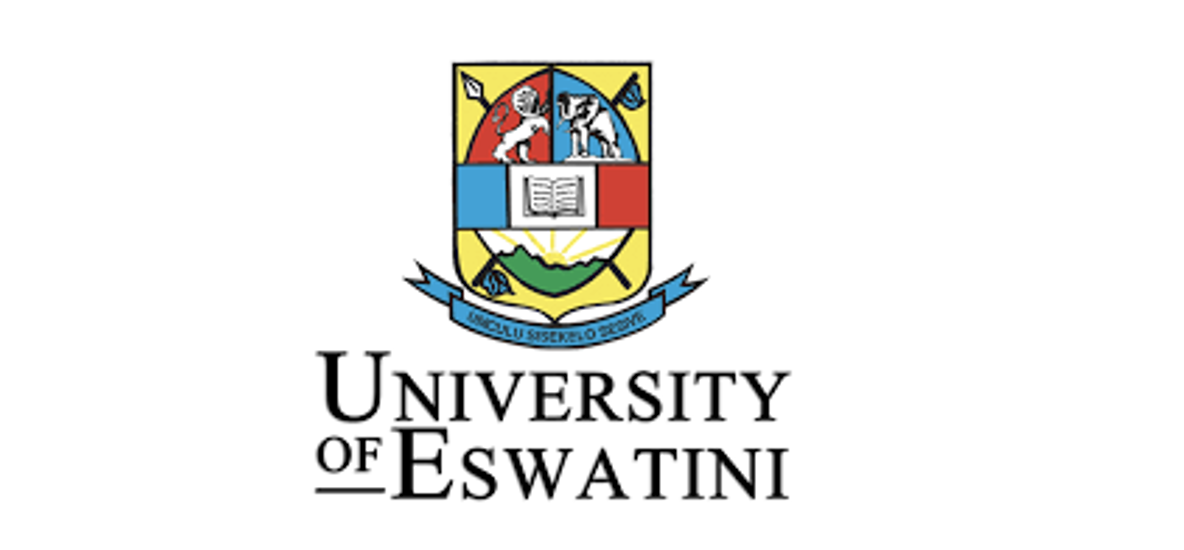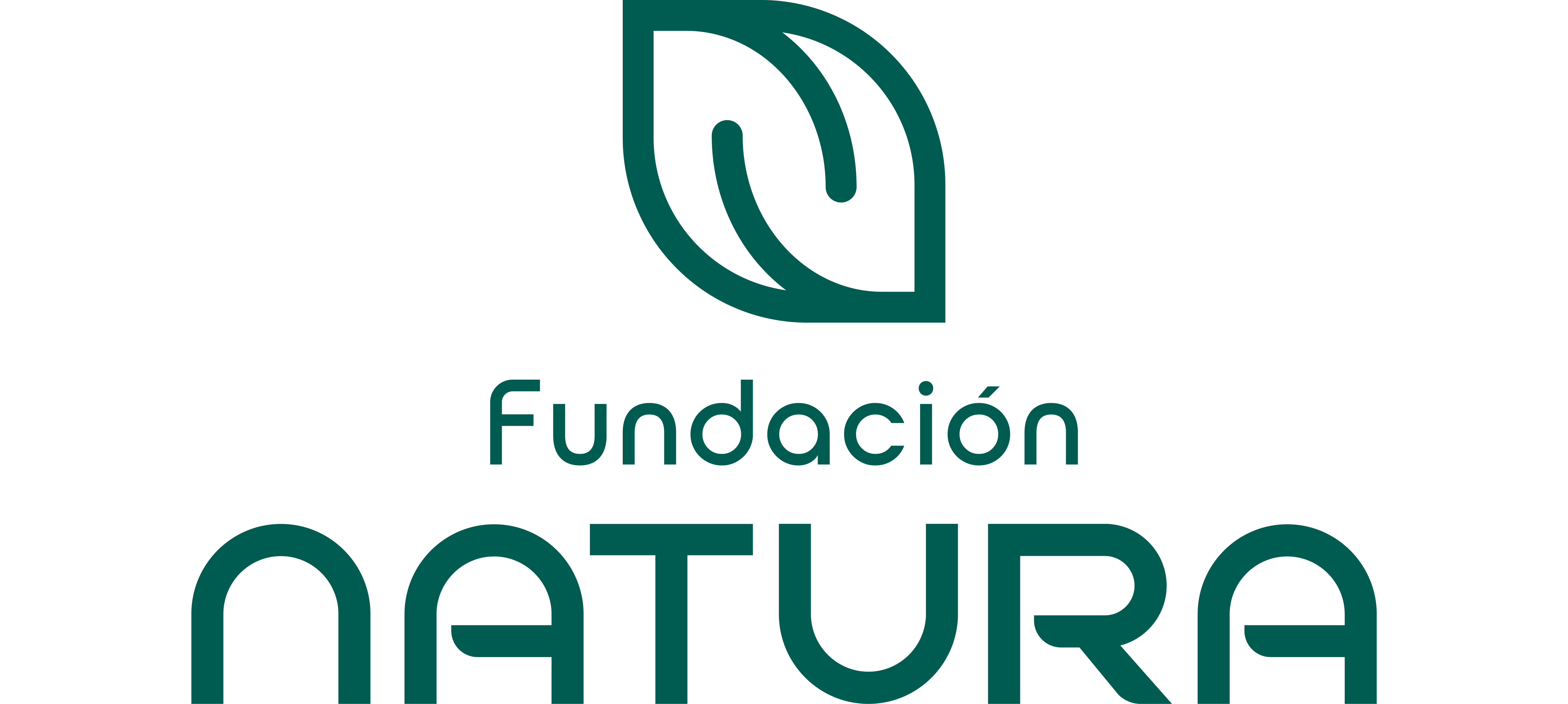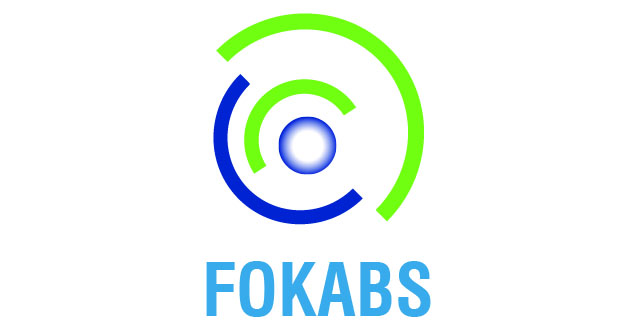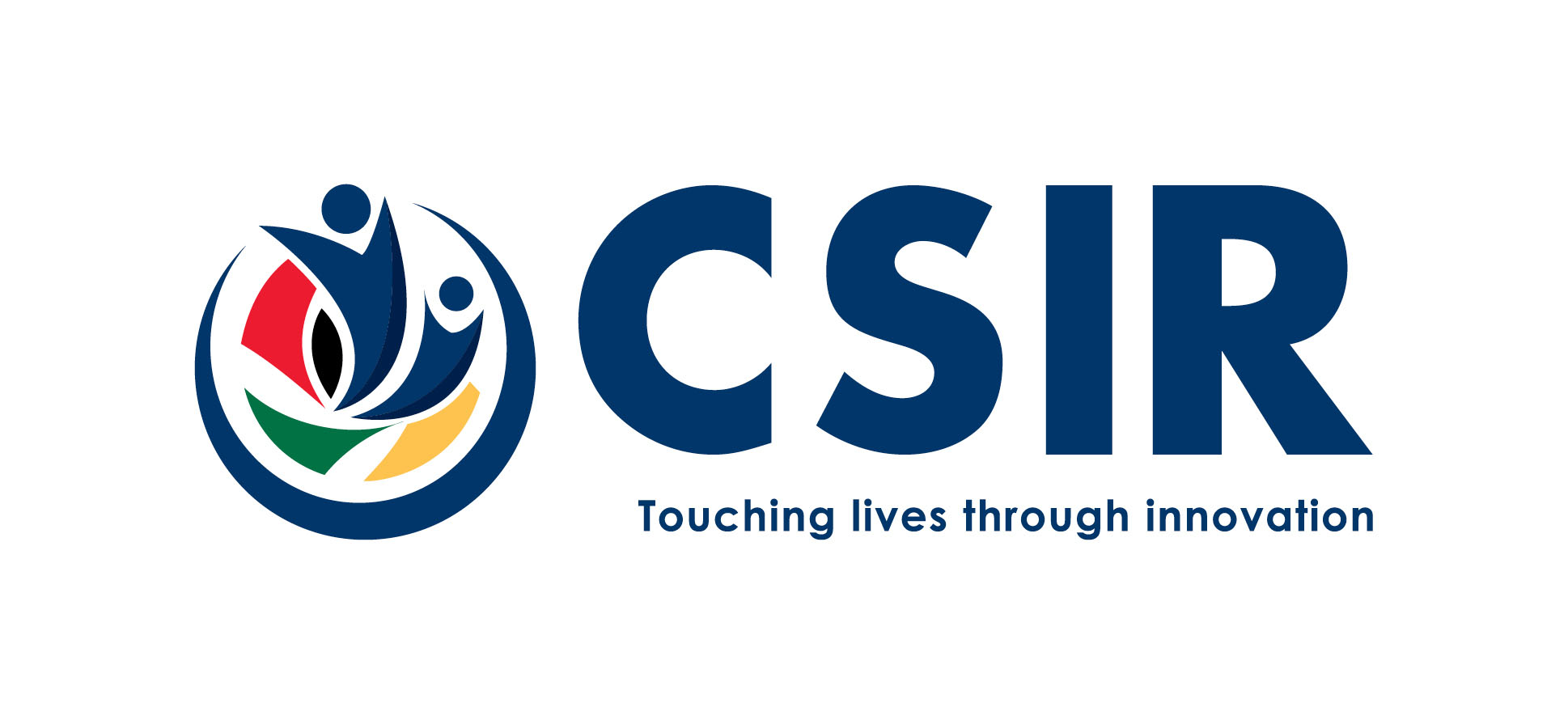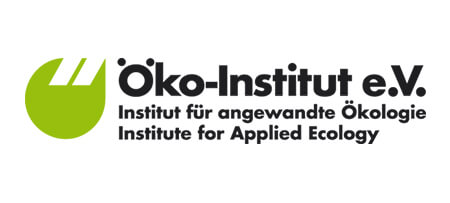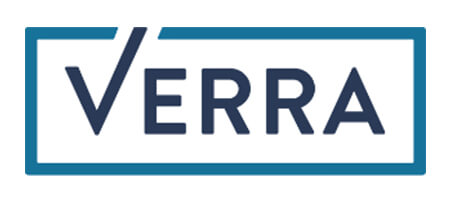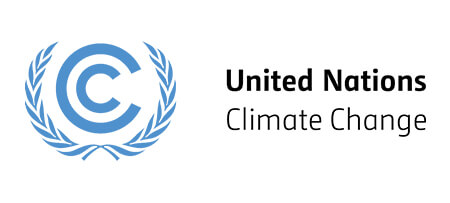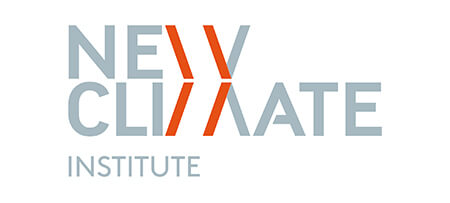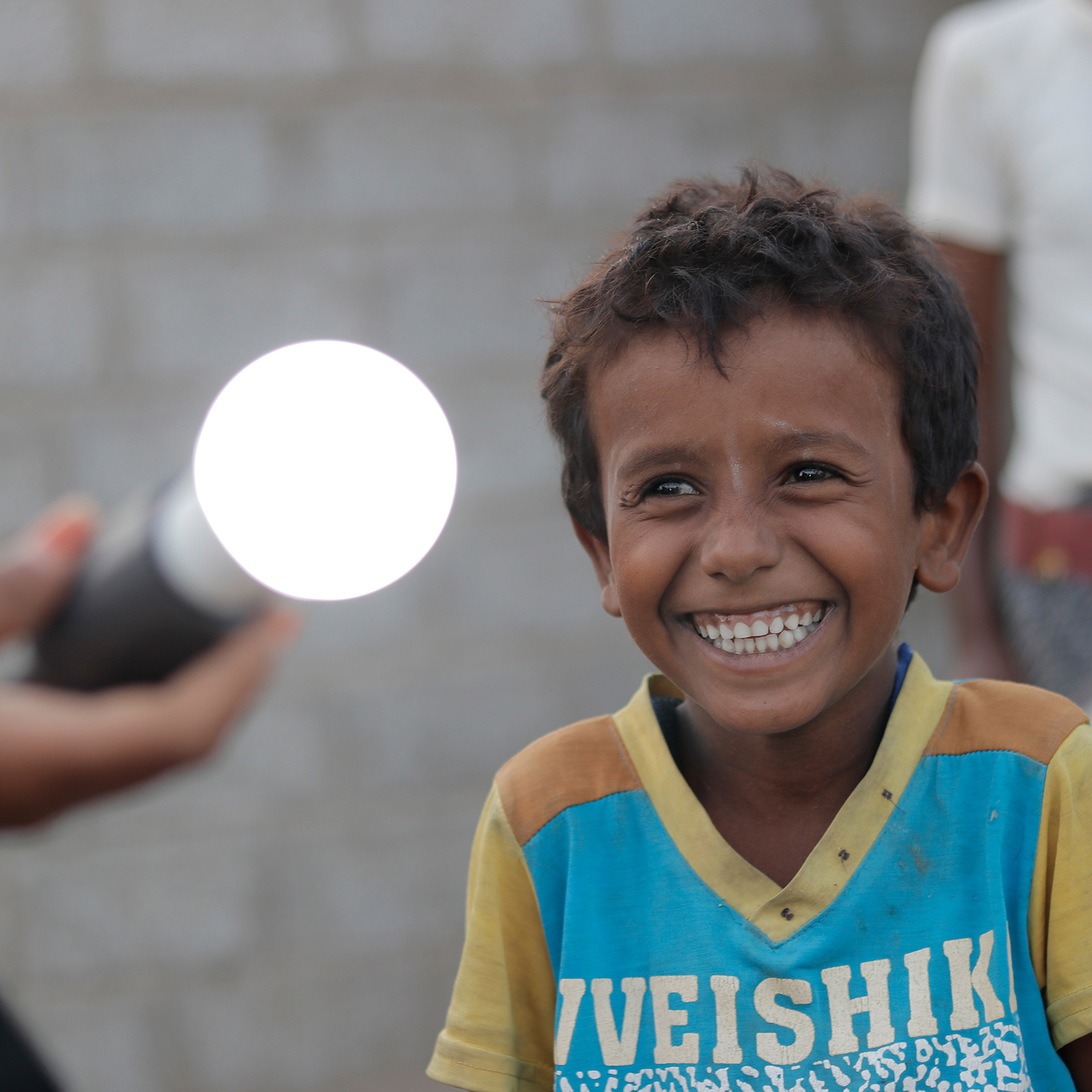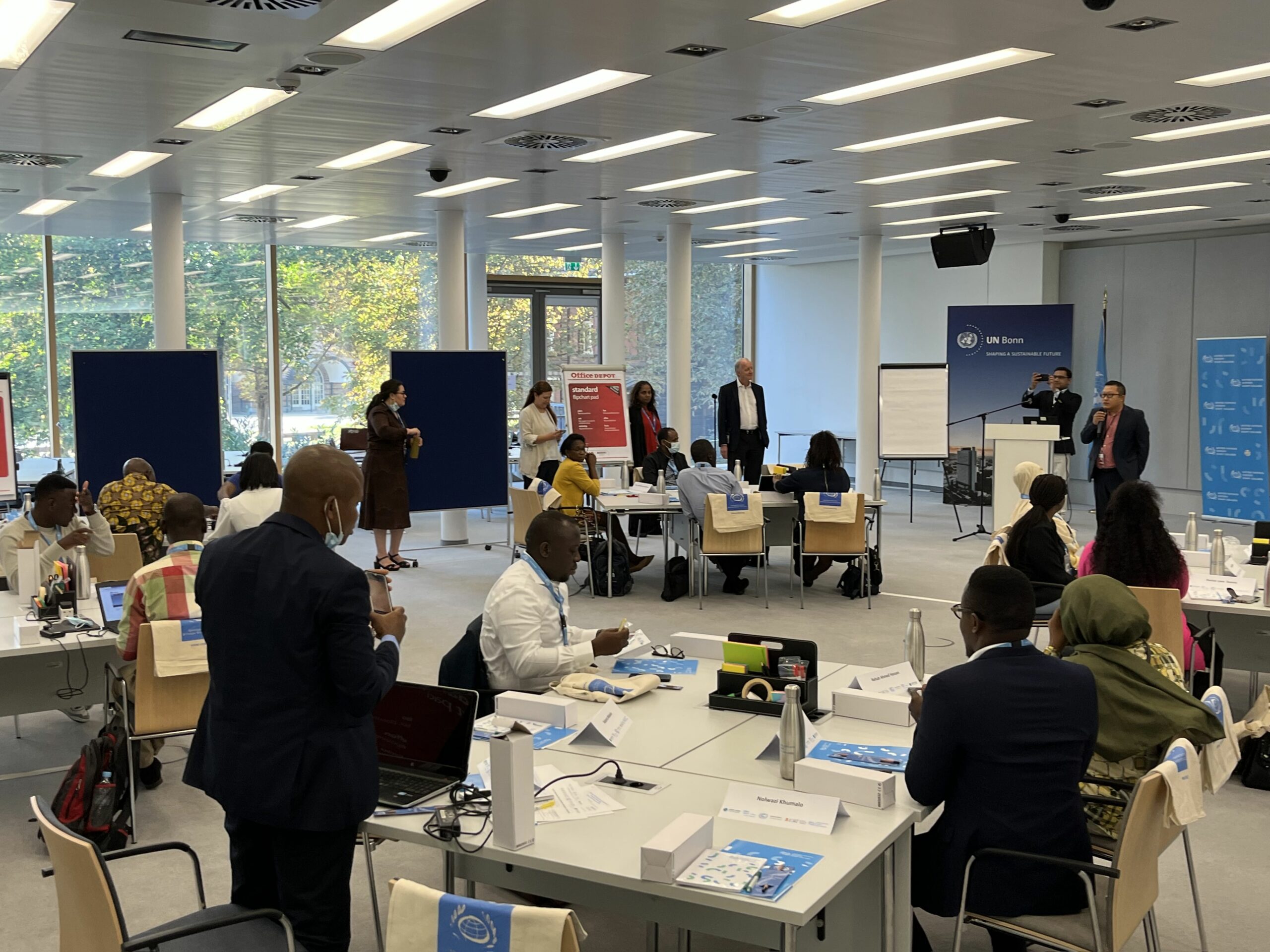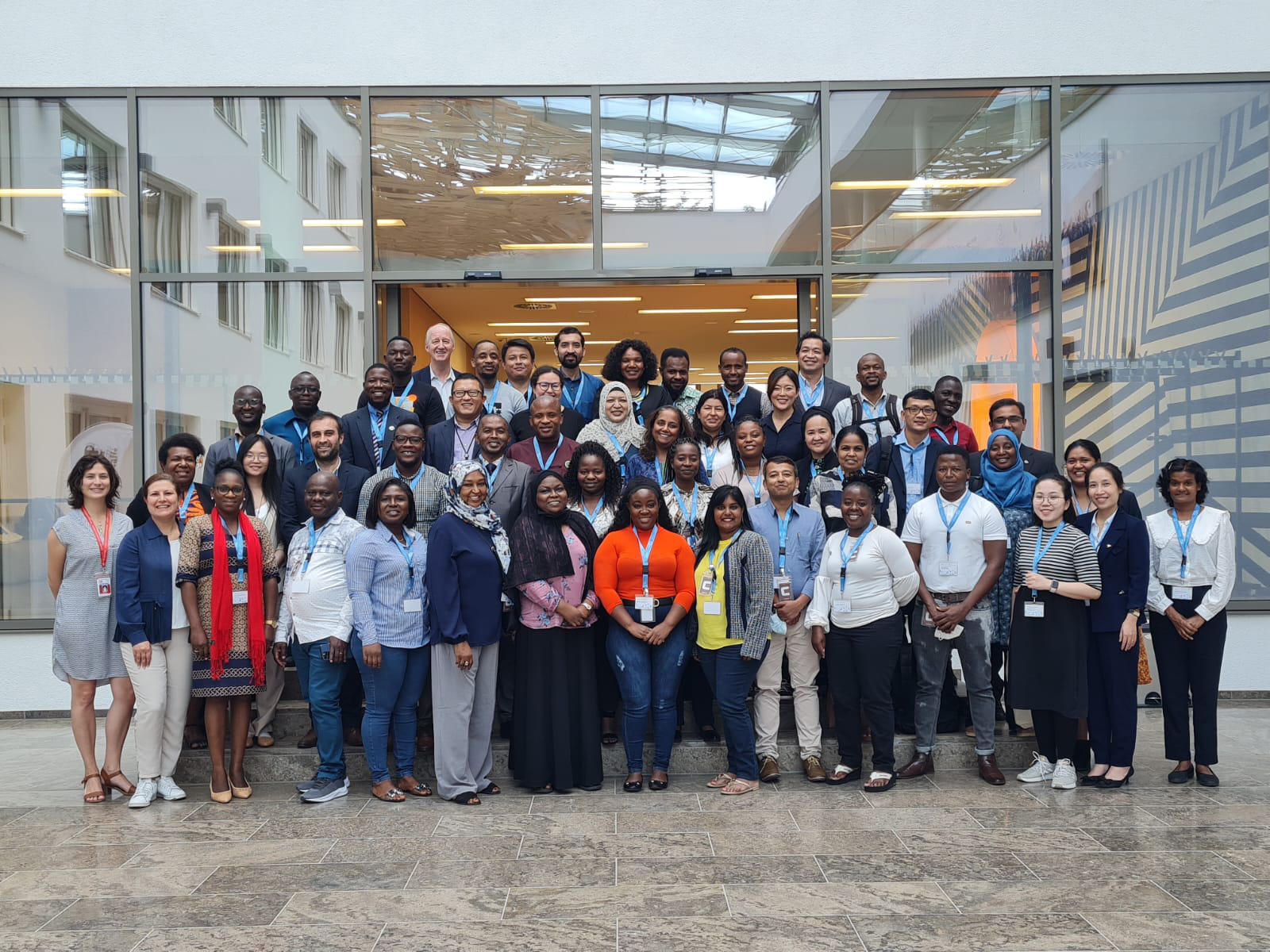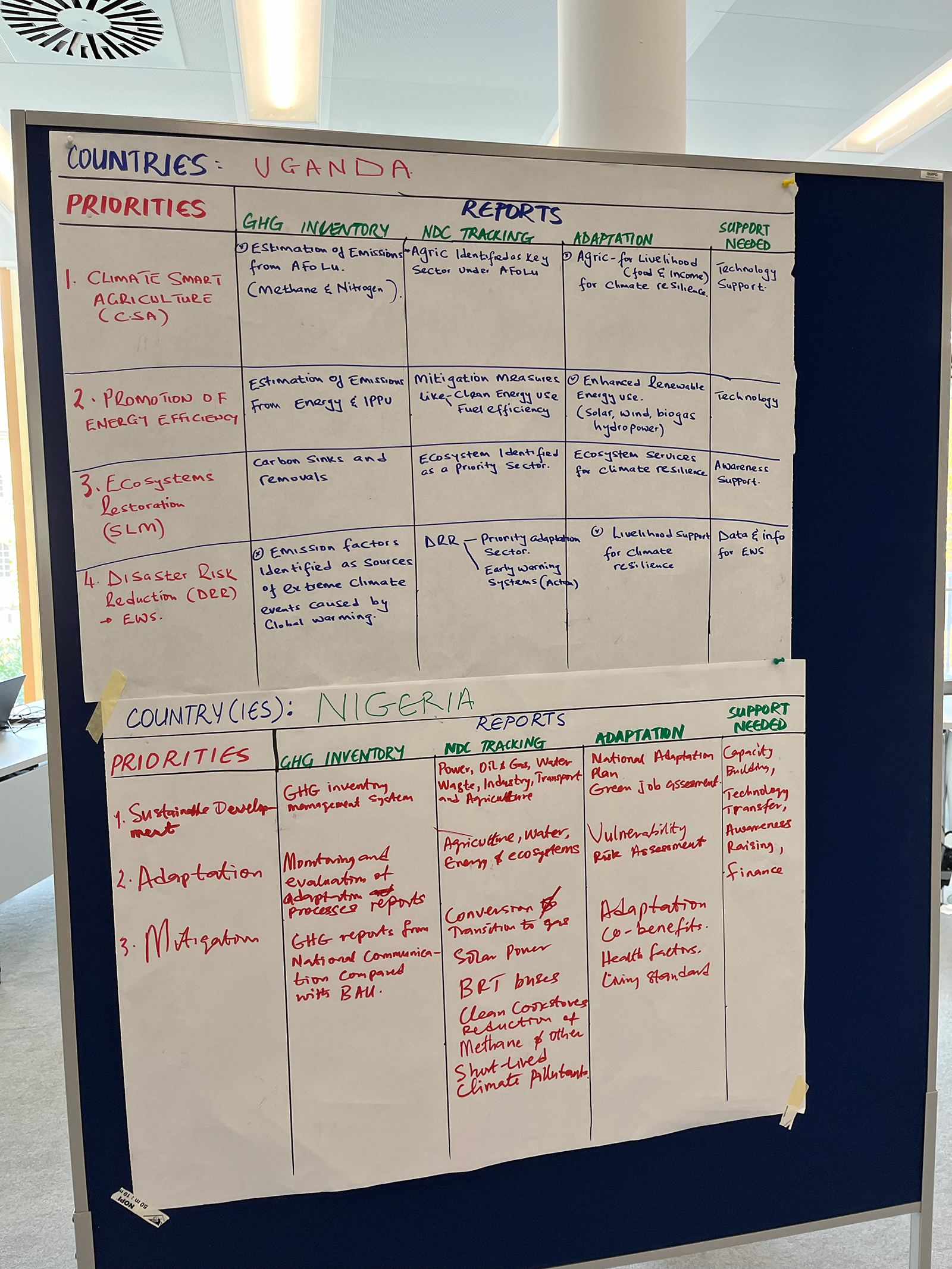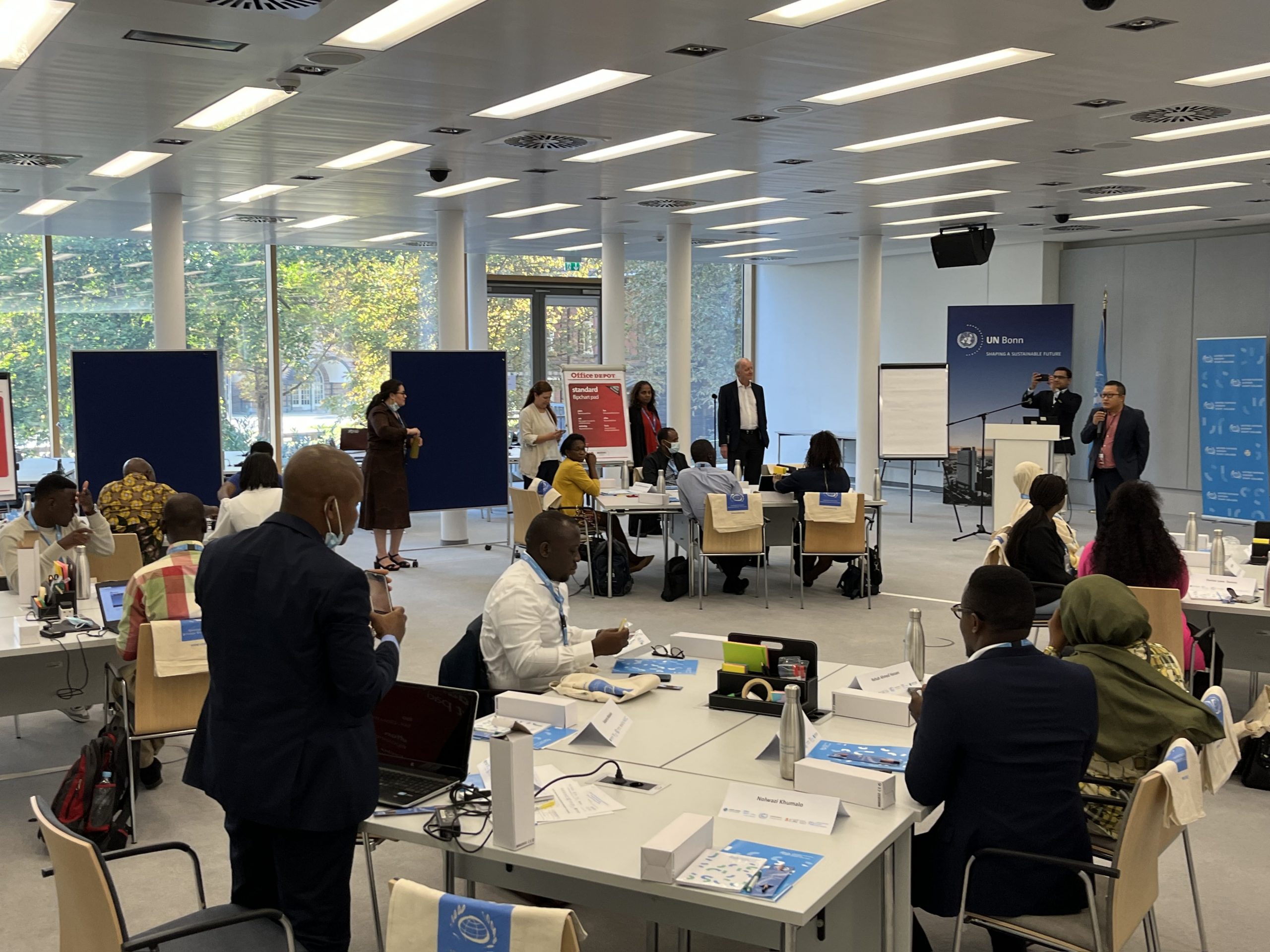Welcome from ICAT’s Director
Dr. Henning Wuester, Director of ICAT, provides his reflections on 2022, and why it was the year of recognizing transparency as a key tool for countries to advance implementation of their Nationally Determined Contributions.
In 2022, 9 countries completed ICAT projects
Improved climate and sustainable development policies
New policies & measures in NDCs
New or refined adaptation monitoring measures, processes and/or plans
(click on each country for more information)
New or refined greenhouse gas inventory
Early signs of transformational change
New or refined MRV framework
Improved or enhanced reporting to UNFCCC
ICAT provides support to 50+ partner countries
ICAT Impact: A Refined Greenhouse Gas Inventory
ICAT works with countries to achieve - directly or indirectly - the development and implementation of a new or refined greenhouse gas inventory to improve emissions tracking and reporting. In 2022, Argentina and Eswatini were among the countries to achieve this.

Photo Credit: Matias Cruz on Pixabay
In Argentina, the ICAT project investigated the greenhouse gas effects of a circular economy, emissions from the healthcare sector, and if COVID-19 affected emissions from the transport sector.

Photo Credit: Ashim D’Silva on Unsplash
Eswatini has set the development of cleaner and renewable energy sources as a priority in its revised NDC. Through the ICAT project, the country strengthened its greenhouse gas inventory from key sectors of its economy.
11
Since ICAT's inception, 11 countries have completed an ICAT project resulting in a refined greenhouse gas inventory.
ICAT Impact: Improved MRV and NDC Tracking Frameworks
Empowering countries to effectively track Nationally Determined Contributions (NDCs) is at the core of ICAT’s work, with the Initiative aiming to advance transparency as a key tool for the implementation of NDCs. The development and implementation of an efficient measurement, reporting and verification (MRV) framework goes hand in hand with this. It is essential to collect and process the sound data and information required to measure and report on the effectiveness of climate policies and actions. The ICAT projects in China, Viet Nam and Belize provide examples of this from 2022.
 GuangWu YANG on Pixabay
GuangWu YANG on Pixabay
In China, one of the project’s deliverables was a gap analysis and recommendation report on improving an MRV system for non-carbon dioxide emissions, with a focus on methane.
Read more Peter Hammer on Unsplash
Peter Hammer on Unsplash
Strengthening the MRV framework was also an important aspect for Viet Nam, where the project focused on the energy and agricultural sectors, and included activities related to the implementation of Article 6 of the Paris Agreement.
Read more Meritt Thomas on Unsplash
Meritt Thomas on Unsplash
In Belize, the ICAT project aimed to address gaps and barriers that were hindering climate change data capture and monitoring. Additional, non-greenhouse gas indicators (such as the associated economic, social and environmental impacts of activities) were included.
Read more24
To date: 24 countries have completed an ICAT project resulting in an improved MRV framework
ICAT impact: Enhancing knowledge
Deepening the climate action-related knowledge base within countries is a key ICAT objective. Through briefings and training workshops, participants’ capacity to develop and improve climate-related transparency systems is enhanced.
In 2021 and 2022, a blended online/in-person workshop for participants from Asia and Anglophone Africa. The workshop aimed to enhance the capacity of participants to implement the Enhanced Transparency Framework (ETF) under the Paris Agreement. Focus was placed on showing how transparency could help to advance domestic and international climate policy objectives and enable the realization of national priorities, including mobilizing climate finance and advancing the Sustainable Development Goals.
1,595
To date, 1,595 people have been trained as part of ICAT projects
ICAT Impact: Peer-to-Peer Exchange
To achieve its mission, ICAT promotes knowledge sharing and peer-to-peer exchange, so all countries can access and benefit from the knowledge, lessons learned, and best practices of ICAT's network of partner countries, regional hubs and implementing partners. In 2022, ICAT’s Community Meetings, Partner Forum and a workshop at Africa Climate Week presented the opportunity for such exchange.
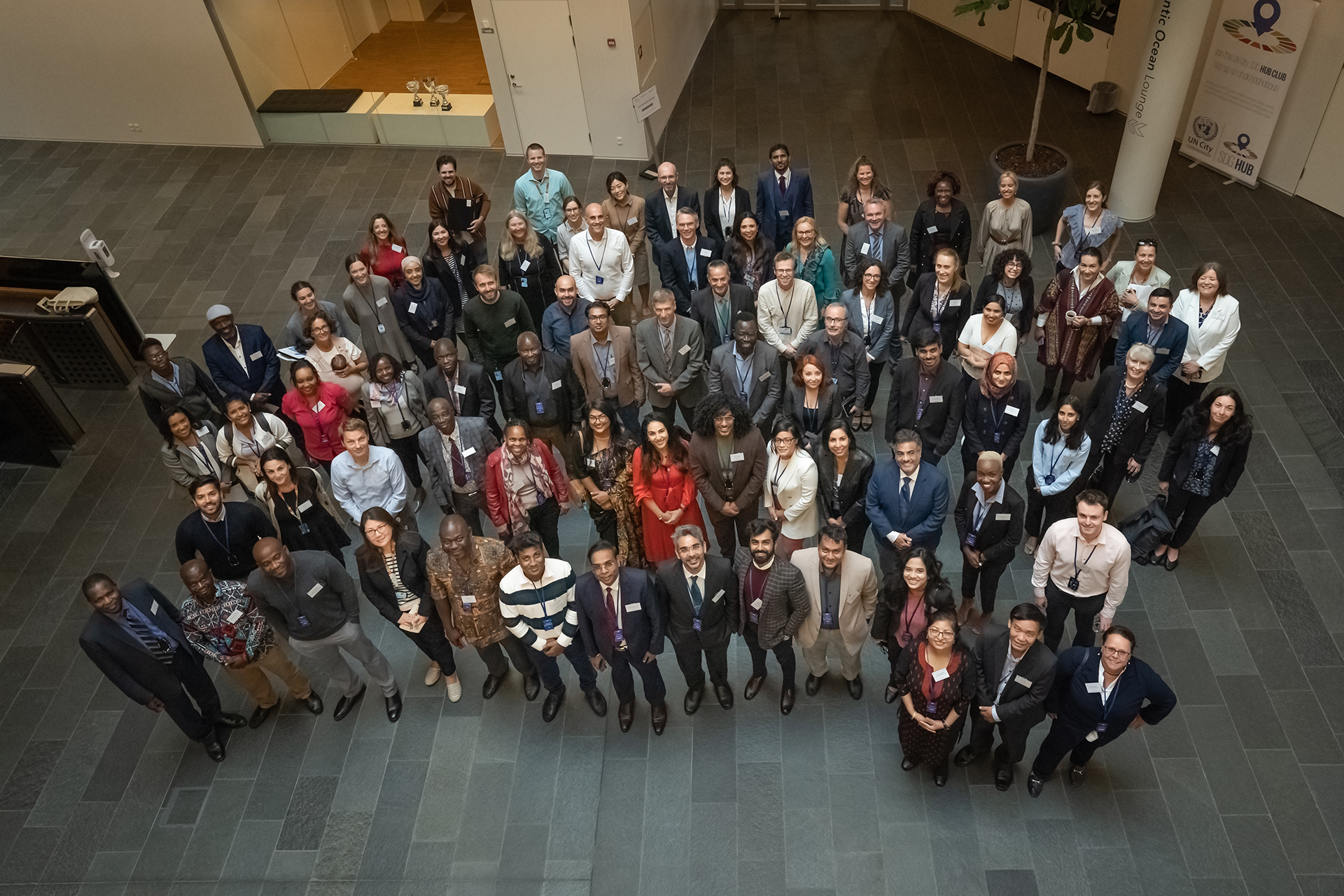 Rebekka Olschewski/UN City Communications
Rebekka Olschewski/UN City Communications
Over 90 participants representing more than 20 countries met in Copenhagen at the ICAT Community Meetings. The event delivered a full agenda covering various topics on mitigation, adaptation and cross-cutting transparency topics with a focus on sharing country experience and presenting new tools and methodologies.
Read more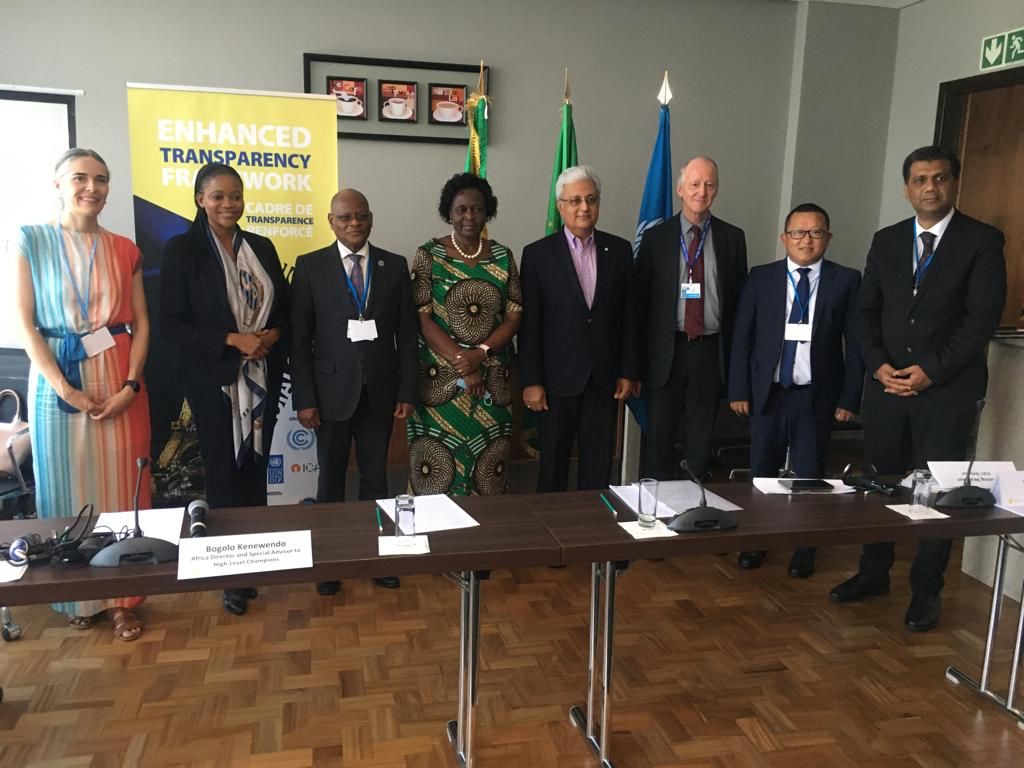
Transparency gained increased visibility at the Africa Regional Climate Week during an ICAT co-hosted Africa Dialogue on the ETF, a two-day event with policy and practitioner exchanges. It opened with the participation of ministers from seven countries and other senior officials.
Read more
In March, ICAT welcomed over 130 representatives from ICAT’s 50+ partner countries, organizations and governance bodies to a virtual Partner Forum. Delivered over three days, the ICAT Partner Forum provided a space for interactive engagement, allowing ICAT’s partners to share practical experience based on insights and learnings.
Read more64
Since ICAT’s inception, 64 peer to peer or knowledge sharing events have taken place.
ICAT Impact: Improved Reporting
The Paris Agreement requires countries to report transparently to the United Nations Framework Convention on Climate Change (UNFCCC) secretariat about the implementation and achievement of their national climate-related objectives. ICAT works with countries to help them improve various aspects of their reporting. In 2022, Nigeria reported its reporting to UNFCCC was enhanced through the ICAT project; and ISPRA released a new guide to assist with reporting.

Photo Credit: Nupo Deyon Daniel on Unsplash
The ICAT project in Nigeria focused on establishing MRV systems for NDC indicators, derived from an impact assessment of the country’s existing policies and measures. This approach equipped policymakers with important monitoring tools allowing for effective policy implementation, and also made available an estimate of the sustainable development benefits associated with the selected policies.

Photo Credit: Dmitriy from Pixabay
ICAT partner, Istituo Superiore per la Protezione e la Ricerca Ambientale (ISPRA), published a report in 2022 to assist countries to prepare for meeting new reporting requirements under the Paris Agreement, using the 2006 IPCC Guidelines.
8
To date, 8 ICAT partner countries confirmed the ICAT project resulted in improved reporting to UNFCCC.
ICAT impact: Informing Policy Making
Transparency frameworks provide vital information to government policy makers to inform their decision making. In turn, this can result in new policies, improved policies, and/or enhanced policy implementation on climate and sustainability. Supporting evidence-based policymaking is a key objective of ICAT. The ICAT project in Fiji provides an example of a new policy as a result of an enhanced transparency framework.

Photo Credit: Christophe Dumortier from Pixabay
History was made in Fiji when the country enacted its Climate Change Act. The ICAT project in Fiji focused on establishing an institutional MRV system for the agriculture sector, including steps to align this system with the Climate Change Act and the Enhanced Transparency Framework of the Paris Agreement.
12
Since inception, 12 countries have improved climate and/or sustainable development policies as a result of ICAT’s work.
ICAT Impact: Supporting Transformational Change
To achieve global climate objectives, action on climate must drive transformational change; and bring about systems change that involves multiple actors across multiple levels of society. In 2022, Costa Rica completed a project to assess the impacts of the ICAT project on its national climate monitoring system.

Photo Credit: Ezgi Kimball on Unsplash
In Costa Rica, the ICAT project developed guidance for assessing the transformational change and sustainable development impacts of climate change actions.

Photo Credit: Ksenia Makagonova on Unsplash
A focus on enabling transformational change remains a key ambition for a programme designed to reach beyond standard capacity building activities, encourage replication and facilitate institutional and policy change. ICAT works with its partners to enable transformational change.
27
To date, 27 countries confirmed the ICAT project contributed to transformational change in their country.
Regional Hubs for Regional Solutions
ICAT’s Regional Climate Action Transparency Hubs in Central Asia and Central Africa bring together countries in the two regions to share climate transparency knowledge and expertise, ultimately increasing their capacity to act on climate change and to build their transparency frameworks closely aligned with national priorities.
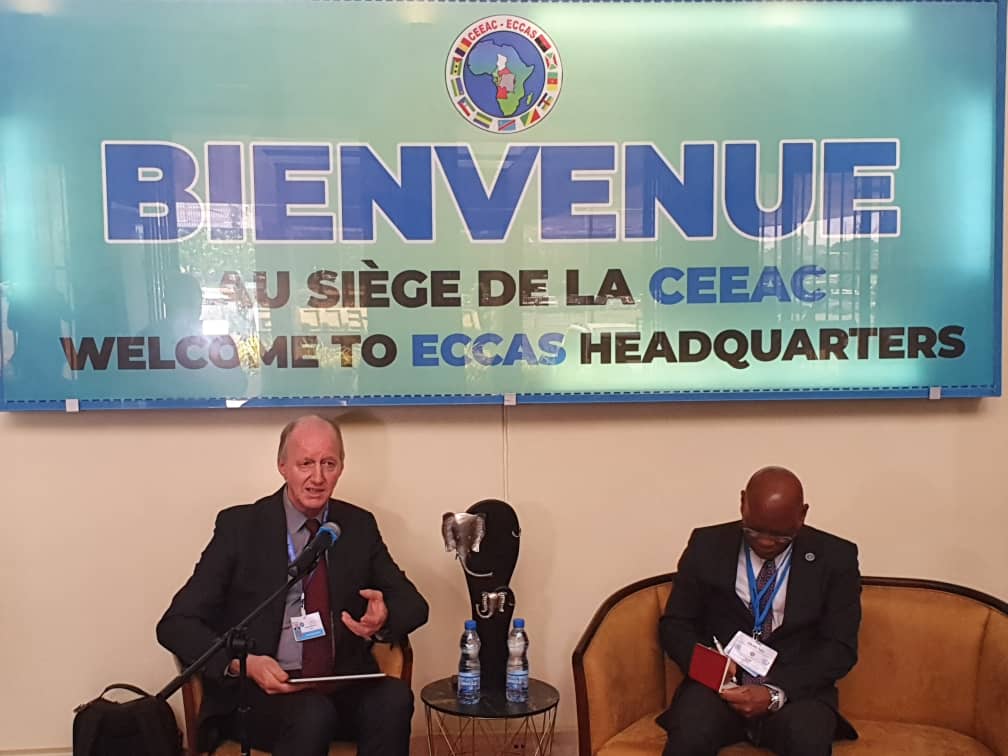
In Central Africa, the 11 ECCAS countries joined forces in a working meeting at the Africa Climate Week. At the same time, a well covered press conference was held. The year ended with a training workshop for member States’ climate focal points, and the first meeting of the Hub Steering Committee.
Read more tom_aaa on Pixabay
tom_aaa on Pixabay
The Regional Hub for Central Asia, hosted by CAREC, aims to build capacity and create a network in the region to support the five member countries in their efforts to build sustainable transparency frameworks.In 2022, the Hub developed and adopted a work plan, which focuses on peer to peer learning and knowledge exchange amongst its member States.
Read moreThe ICAT Toolbox
ICAT has developed, and collaborated with partners to roll-out, a suite of practical, open-source tools and methodologies to provide effective support to the transparency efforts of countries around the world.
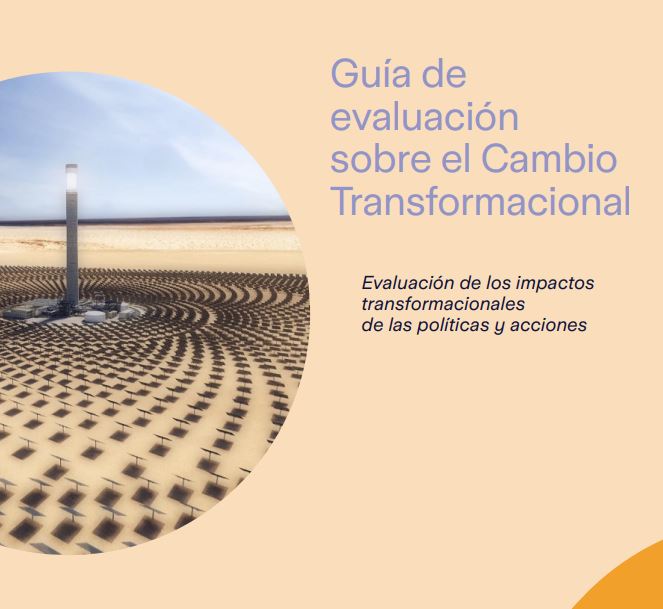
ICAT, with the support of Libelula, has translated three of its policy assessment guides into Spanish, to enable Spanish-speaking countries to use the methodologies more easily and effectively.
Read more Joe on Pixabay
Joe on Pixabay
Capacity building modules already exist to complement the Sustainable Development, Stakeholder Participation and Transformational Change guides, and now a new set of modules, developed by the Greenhouse Gas Management Institute (GHGMI), is available for the Forestry and Agriculture guides.
Read more27
27 countries have applied ICAT tools or methodologies since their publication
Engagement at Events
ICAT and its partners embrace the opportunity to engage with our stakeholders at key climate events across the globe. Whether talking about what ICAT offers to countries, one or more of the methodologies in the ICAT toolbox, or sharing in-country experiences, finding opportunities for in-depth engagement is always appreciated.
 UN Climate Change
UN Climate Change
At UNFCCC’s SB56 in Bonn, ICAT hosted a side event on the benefits of climate reporting beyond meeting international reporting requirements. The event was co-hosted with Ministries from Germany and Georgia, the Partnership on Transparency in the Paris Agreement and the Information Matters Project.
Read more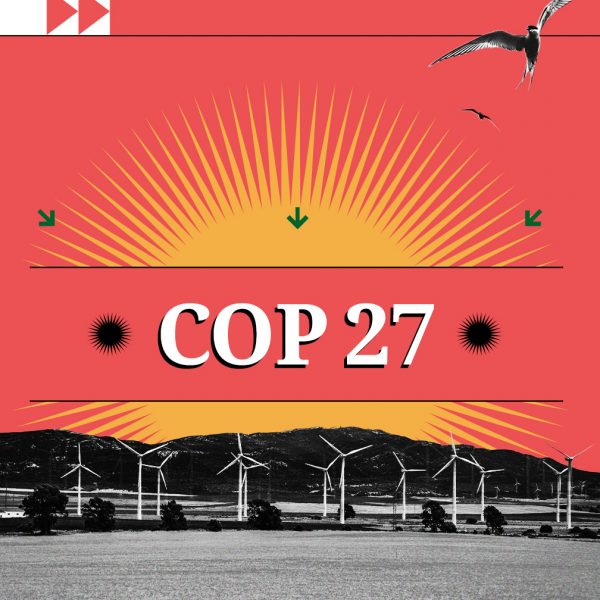
ICAT actively participated in the 27th Session of the Conference of the Parties to the United Nations Framework Convention on Climate Change (COP27), in Sharm el-Sheikh, co-hosting and participating in a series of events, showcasing ICAT’s offer of support and impact and promoting the overall transparency agenda.
Read moreWith heartfelt thanks to our global network of partners and supporters
Donors

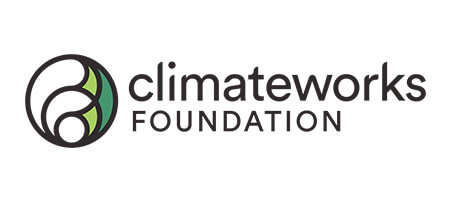
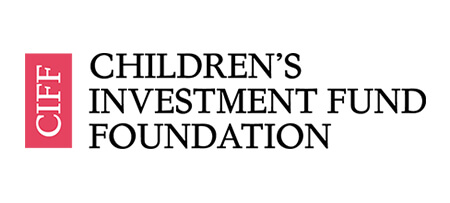

Management and support
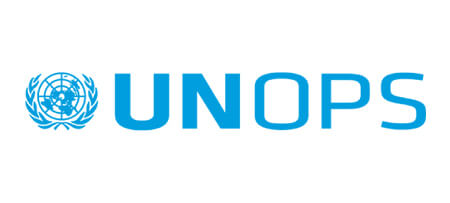
Implementing Partners


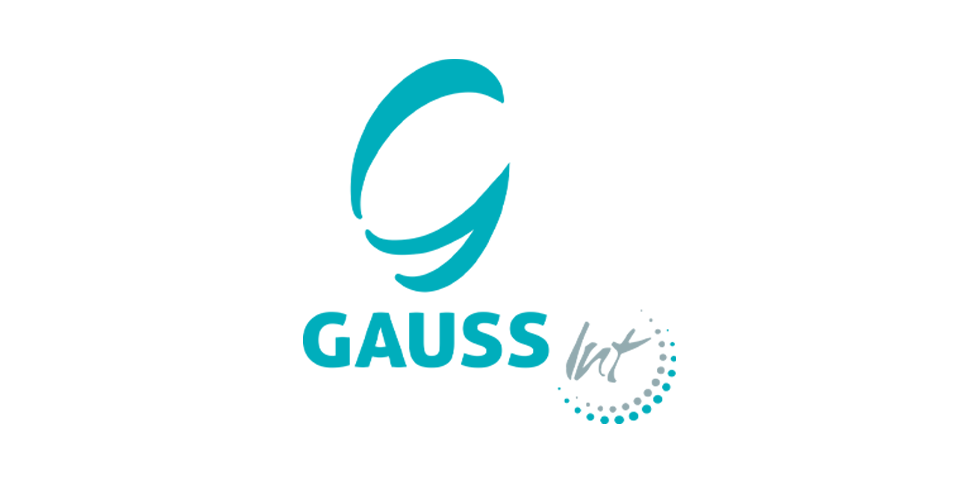
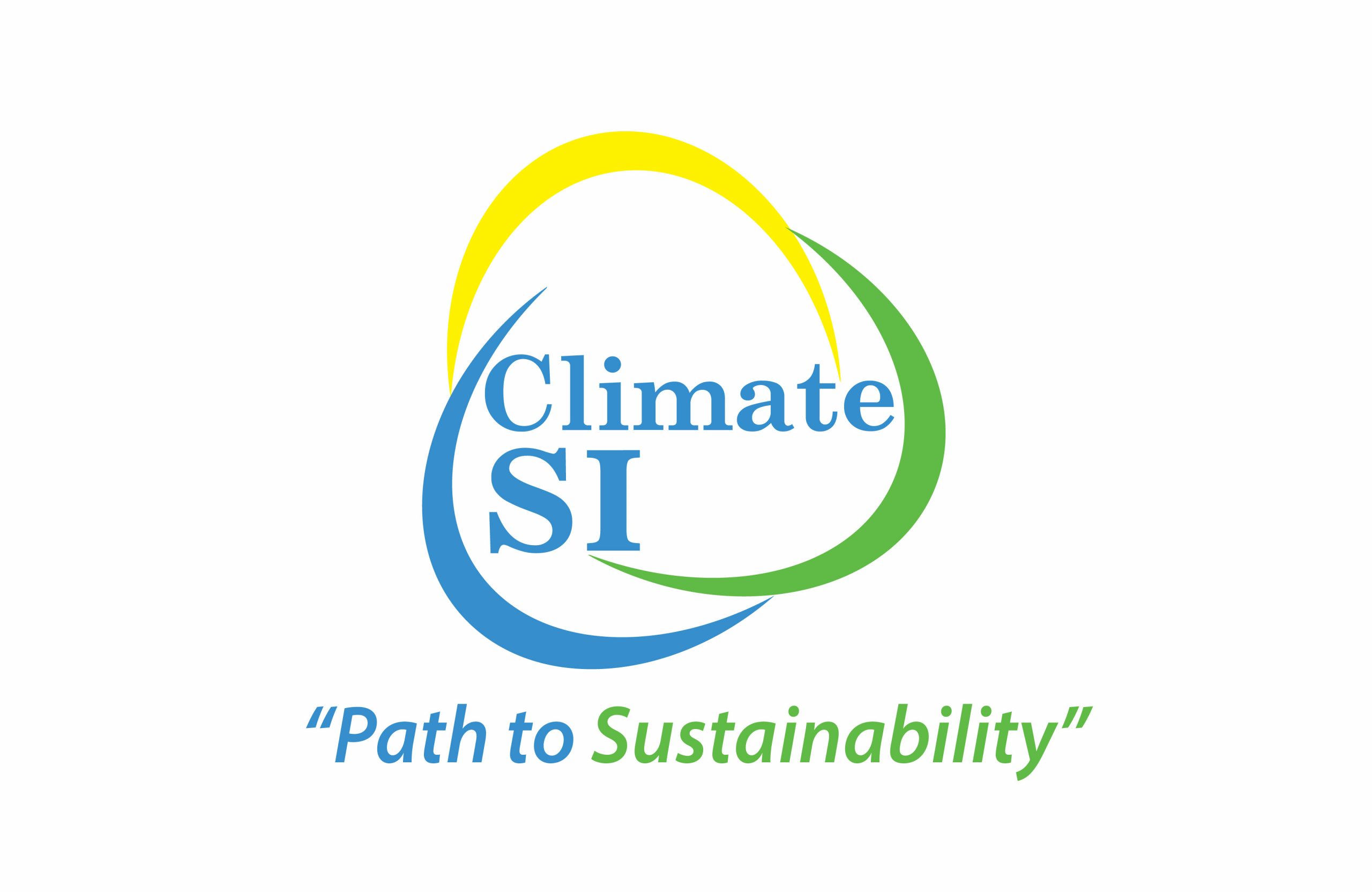
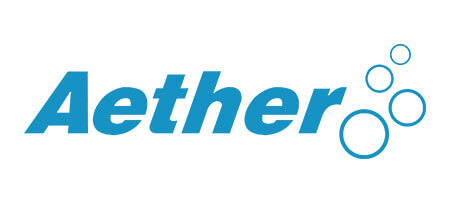
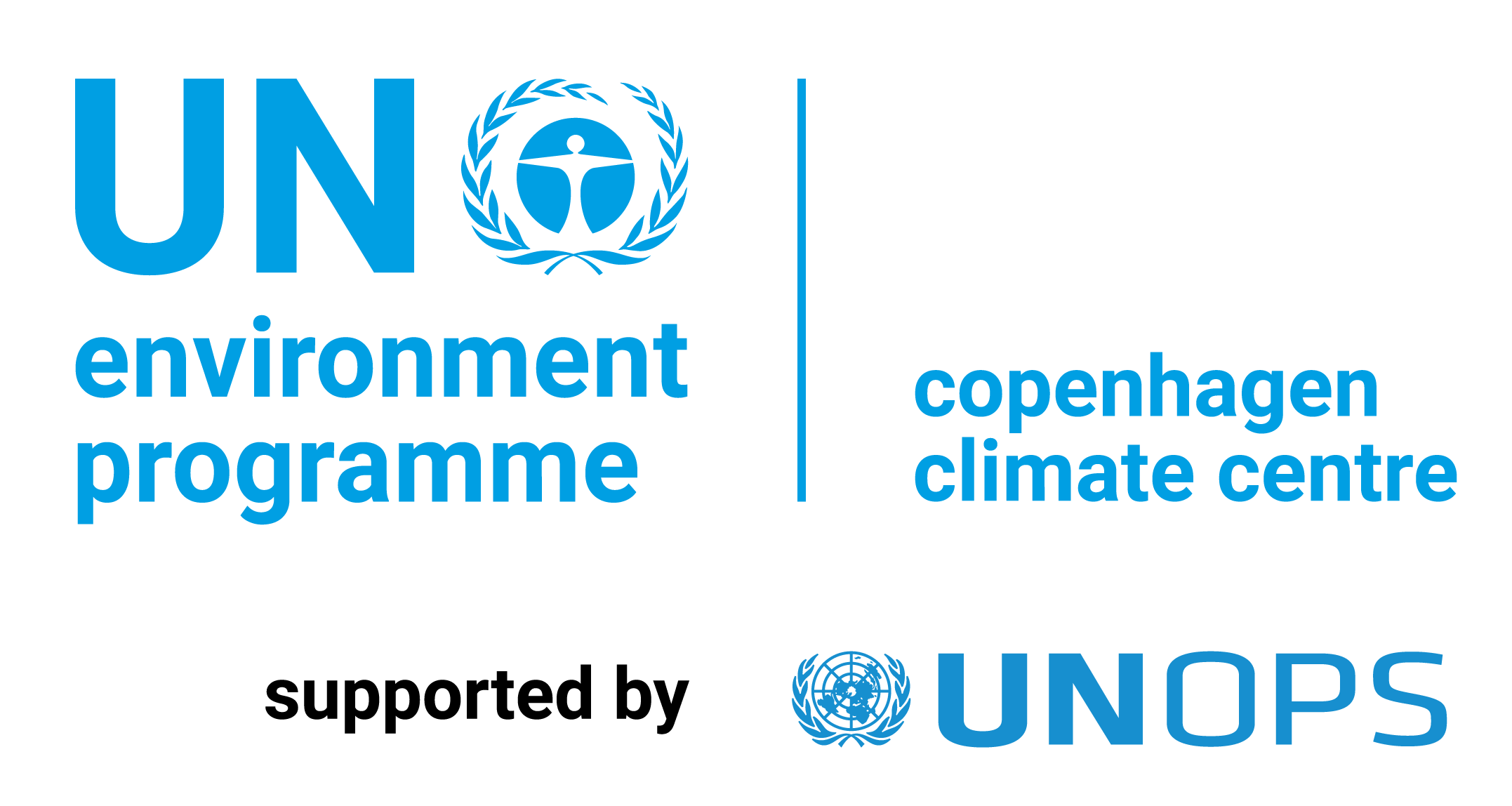
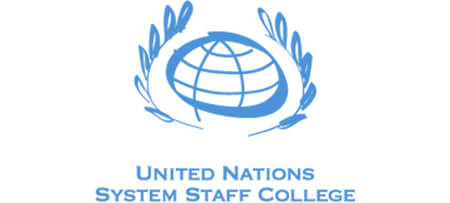
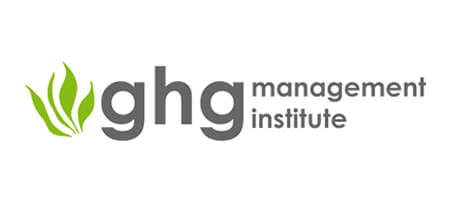
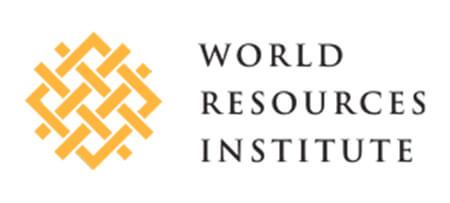
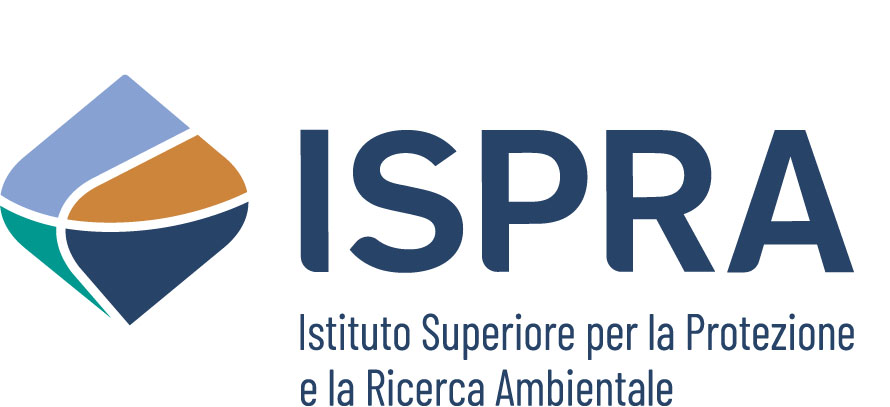
Regional Partners
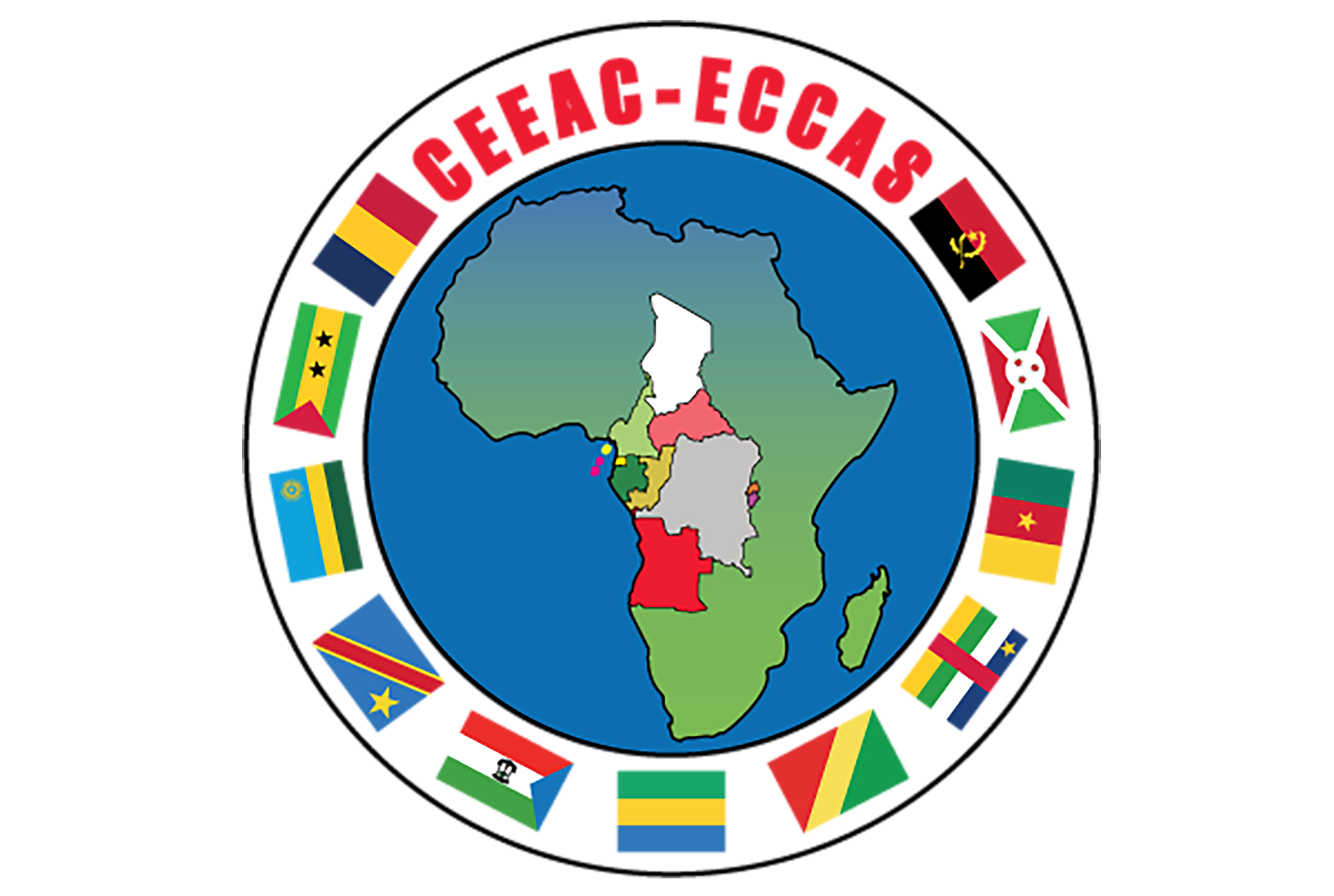
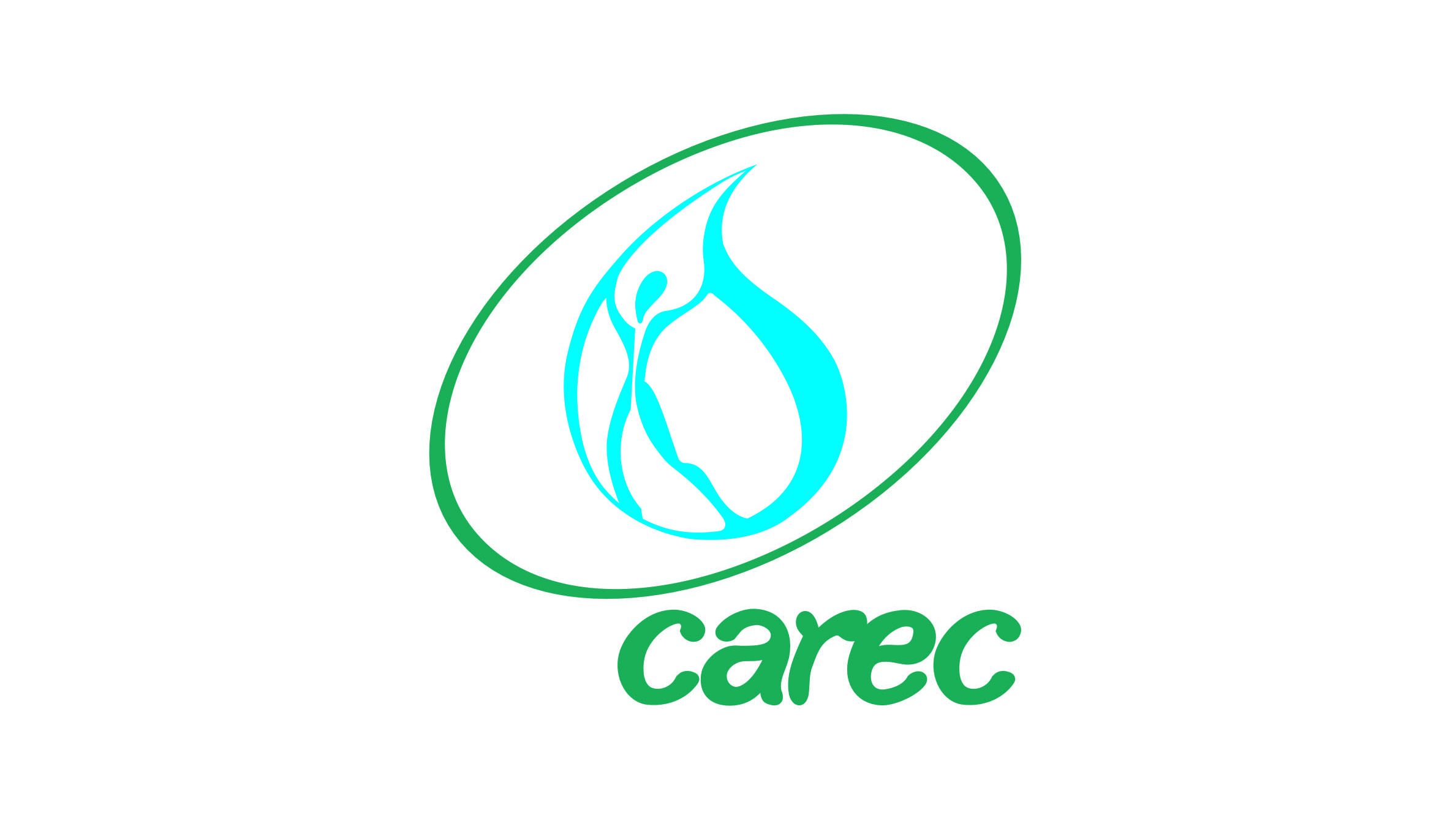
Supporting Partners
